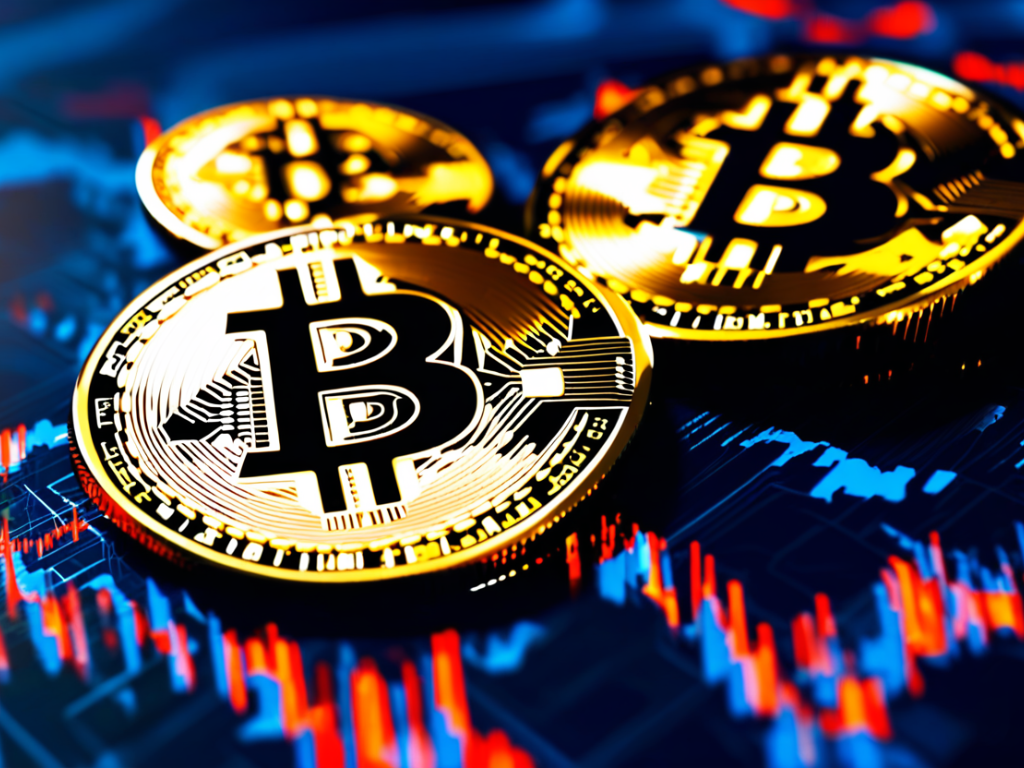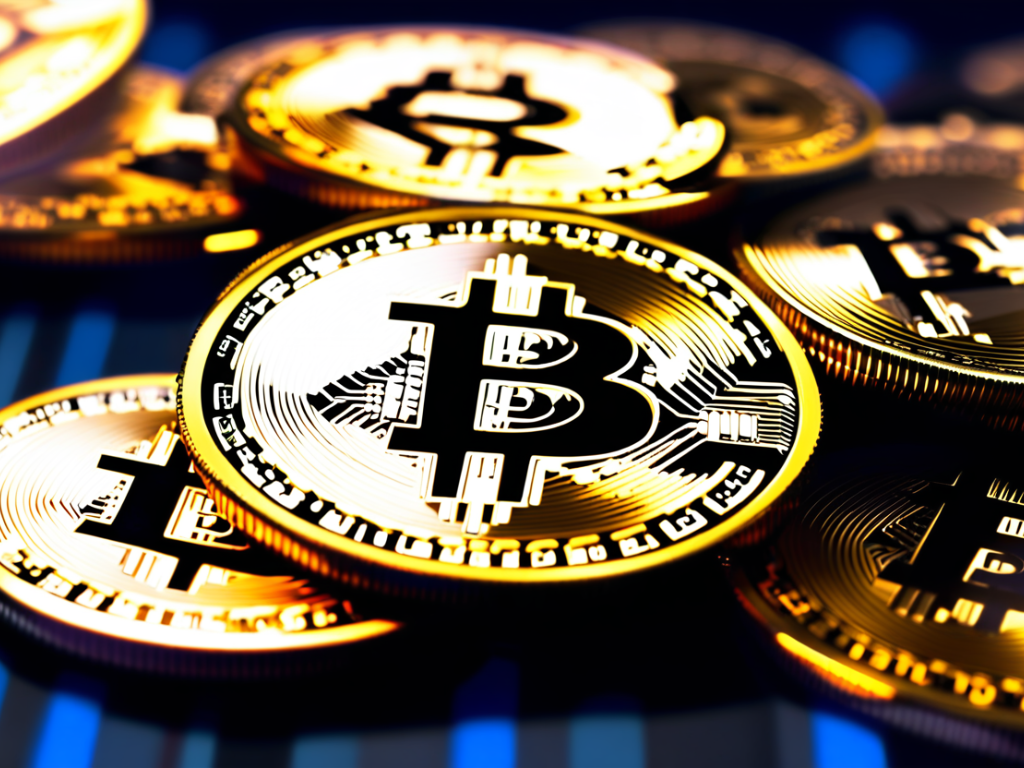BitcoinSV (BSV) stands out as a prominent player in the realm of cryptocurrencies, offering unique features and capabilities that set it apart from its peers. As the world of digital assets continues to evolve, understanding the global regulatory trends affecting BitcoinSV is crucial for investors, developers, and stakeholders alike.
At its core, BitcoinSV is a cryptocurrency that aims to fulfill the original vision laid out by Satoshi Nakamoto in the Bitcoin whitepaper. By prioritizing scalability, stability, and security, BitcoinSV has carved out a niche for itself in the competitive cryptocurrency space. Its commitment to a bigger block size of 128MB and adherence to the original Bitcoin protocol has garnered both praise and criticism within the community.
When exploring the global regulatory landscape surrounding BitcoinSV, it is essential to recognize that the cryptocurrency market operates in a decentralized and often fragmented manner. Different jurisdictions apply varying levels of regulatory scrutiny to digital assets, which can impact how BSV is perceived and utilized around the world.
In the United States, for instance, regulatory bodies such as the Securities and Exchange Commission (SEC) and the Commodity Futures Trading Commission (CFTC) play a significant role in overseeing digital asset activities. The classification of cryptocurrencies as securities or commodities can have far-reaching implications for projects like BitcoinSV, influencing trading, fundraising, and legal compliance.

Similarly, in Europe, the European Securities and Markets Authority (ESMA) and individual national regulators are actively monitoring and regulating the cryptocurrency ecosystem. Anticipating the regulatory stance of the European Union (EU) member states toward BitcoinSV can provide valuable insights into the future prospects of the cryptocurrency within the region.
Asia, known for its diverse regulatory approaches to cryptocurrencies, presents another interesting case study for BitcoinSV. Countries like Japan, South Korea, and Singapore have embraced digital assets to varying degrees, with regulatory frameworks that seek to balance innovation and investor protection. Understanding how these jurisdictions interpret and apply regulations to BitcoinSV can offer valuable guidance for market participants seeking to engage with the cryptocurrency in Asia.
Navigating the global regulatory trends affecting BitcoinSV requires a nuanced understanding of legal frameworks, compliance requirements, and industry best practices. From anti-money laundering (AML) and know your customer (KYC) regulations to securities laws and tax treatment, stakeholders in the BitcoinSV ecosystem must stay informed and proactive in their approach to regulatory compliance.
In conclusion, BitcoinSV continues to occupy a unique position in the cryptocurrency landscape, attracting attention for its technical innovations and commitment to the original principles of Bitcoin. As global regulatory trends evolve and shape the future of digital assets, adapting to changing regulatory environments will be key to unlocking the full potential of BitcoinSV. By staying informed, engaging with regulatory authorities, and fostering a culture of compliance, supporters of BitcoinSV can contribute to its growth and sustainability in the years ahead.


